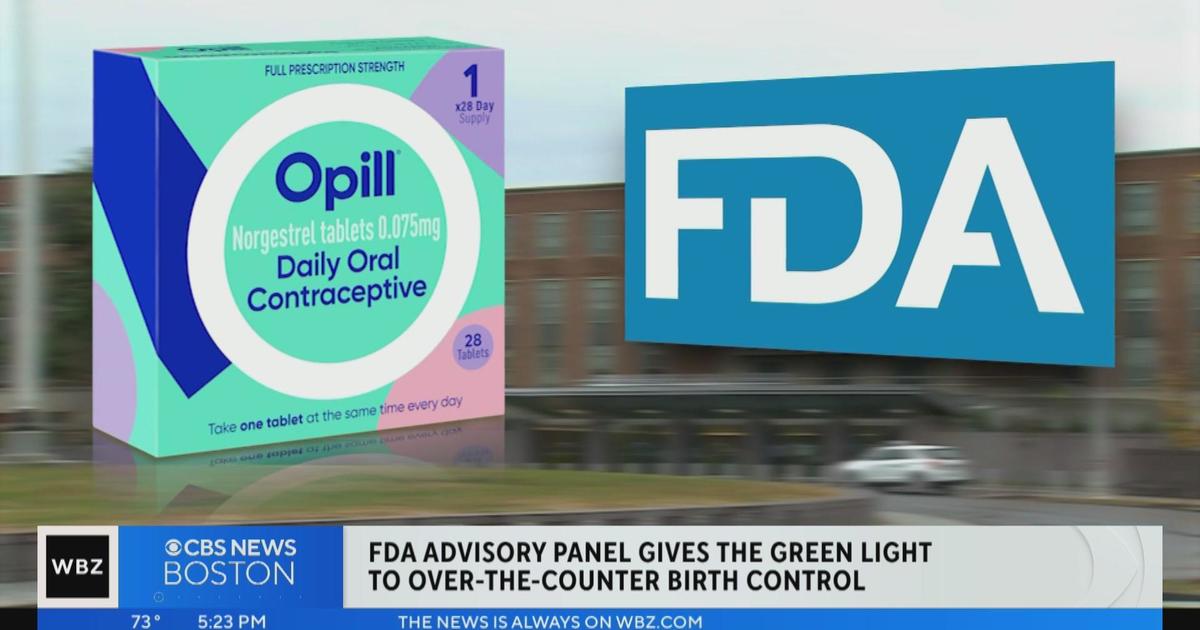The FDA OTC registration process is essential for manufacturers looking to market over-the-counter (OTC) drugs in the United States. OTC drugs are medications available without a prescription, making them widely accessible to consumers. The FDA, or Food and Drug Administration, regulates these drugs to ensure their safety, efficacy, and labeling accuracy. The registration process involves several steps, including product formulation review, labeling compliance, facility registration, and adherence to Good Manufacturing Practices (GMP). Understanding these requirements is crucial for manufacturers to successfully navigate the regulatory landscape and bring their products to market.
Key Components of OTC Drug Monographs
OTC drug monographs serve as a comprehensive guide for manufacturers, outlining the active ingredients, doses, formulations, and labeling requirements that are deemed generally recognized as safe and effective (GRASE) by the FDA. These monographs simplify the approval process by allowing manufacturers to bypass the New Drug Application (NDA) process if their products comply with the monograph specifications. However, staying updated with monograph changes is crucial, as the FDA periodically reviews and updates them to reflect new safety and efficacy data. Manufacturers must ensure their products meet the latest standards to maintain compliance and market access.
The Importance of Labeling Compliance
Accurate and compliant labeling is a critical aspect of FDA OTC registration. Labels must provide clear, concise information to consumers, including the drug’s purpose, usage directions, warnings, and active ingredients. The FDA’s Drug Facts labeling format is designed to make this information easily accessible and understandable. Misleading or incomplete labeling can result in regulatory actions, including product recalls and fines. Manufacturers must invest in thorough label reviews and updates to ensure compliance with FDA requirements, thereby safeguarding consumer trust and avoiding costly regulatory setbacks.
Navigating Good Manufacturing Practices (GMP)
Good Manufacturing Practices (GMP) are a set of regulations enforced by the FDA to ensure the quality and safety of OTC drugs. These practices cover all aspects of production, from raw material sourcing to final product packaging. Manufacturers must implement robust quality control systems, maintain detailed production records, and conduct regular facility inspections to comply with GMP standards. Non-compliance can lead to severe consequences, including product recalls, facility shutdowns, and legal actions. By adhering to GMP, manufacturers can ensure their products meet the highest quality standards, fostering consumer confidence and regulatory compliance.
By focusing on these key areas—understanding the FDA OTC registration process, adhering to OTC drug monographs, ensuring labeling compliance, and implementing Good Manufacturing Practices—manufacturers can successfully navigate the complex regulatory environment and bring safe, effective OTC drugs to market.FDA OTC Registration




